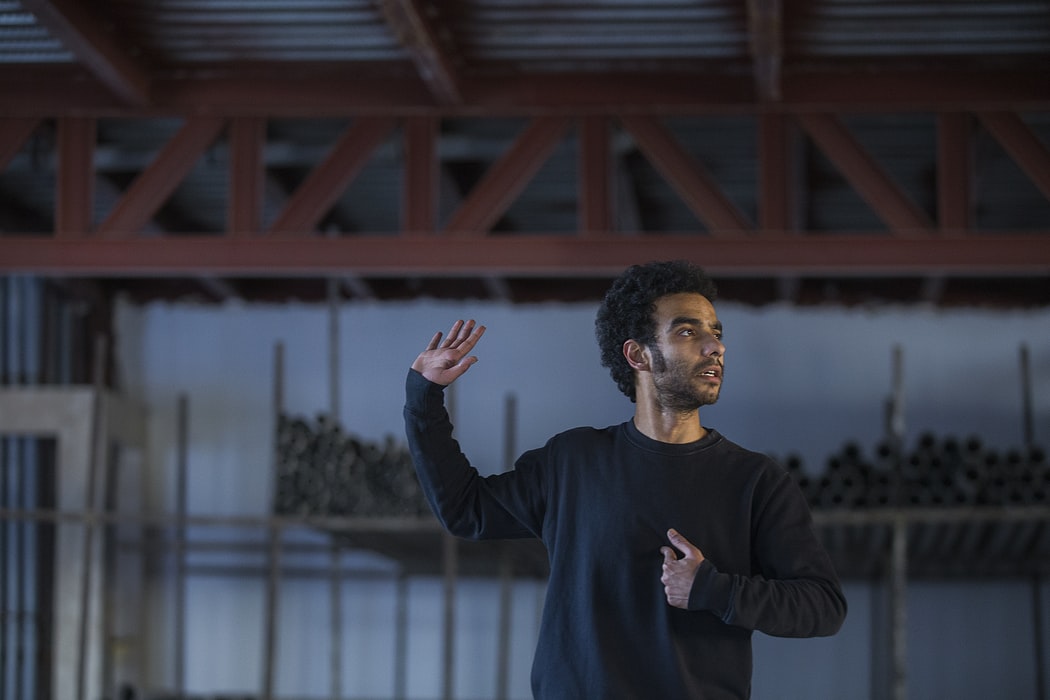How to Begin a Monologue: A Guide to Capturing Your Audience
Starting a monologue can be a daunting task. Whether you’re preparing for a performance, a speech, or a piece of writing, the opening lines set the tone for everything that follows. A strong start can captivate the audience, draw them in, and create an emotional or intellectual connection that lasts throughout the entire piece. Here’s how to effectively begin your monologue and make an immediate impact:
1. Establish the Context
The first step in crafting an engaging monologue is to set the scene. This provides the necessary context for your audience to understand where you are coming from and what the stakes are. Think about the following:
- Who are you speaking to? Are you addressing a particular character, the audience, or yourself? This will influence the tone and style of your opening.
- Where and when are you? The environment and time period play a significant role in shaping your words and approach. A monologue set in the past, for example, might begin with a different sense of urgency than one set in the present day.
- What is the situation? Are you responding to an event, reflecting on a personal experience, or preparing to take action? This context shapes your character’s emotions and can guide your delivery.
2. Open with a Question
One powerful way to begin a monologue is by posing a question. A well-crafted question can immediately intrigue the audience and make them want to know the answer. It could be rhetorical, drawing out the character’s inner conflict, or a literal inquiry that sparks curiosity about what happens next. For example:
- “What would you do if you had one last chance to say goodbye?”
- “Is it possible to forgive someone who’s never asked for it?”
These kinds of questions not only open the monologue but also allow for an exploration of deeper themes.
3. Make a Bold Statement
Another way to start is with a bold or provocative statement. This sets the stage for a passionate, intense, or philosophical exploration of a topic. Your audience may be caught off guard, but this type of opening grabs their attention quickly. Consider something like:
- “I’ve had enough of pretending.”
- “You think you know what’s best for me, but you’re wrong.”
By making a strong claim right away, you invite your audience into a world where tension, conflict, or revelation is imminent.
4. Create a Sense of Mystery
Sometimes, the best way to begin a monologue is with an air of mystery. When you begin with ambiguity or uncertainty, you encourage your audience to stay engaged and keep asking questions. For instance:
- “I never thought I’d end up here.”
- “If only they knew the truth.”
A mysterious opening primes your audience to look for answers throughout the monologue, creating anticipation and building suspense.
5. Introduce an Emotional Moment
If you want to pull your audience in emotionally, start with a vulnerable or emotional statement. Whether it’s sadness, anger, or joy, setting the emotional tone early allows the audience to connect with you on a deeper level. Examples include:
- “I don’t know how much longer I can keep doing this.”
- “That moment changed everything for me.”
This approach draws the audience into the emotional journey of the monologue from the very first words.
6. Use a Visual Image
Sometimes, painting a vivid image with words can immediately grab your audience’s attention. Describing a scene or setting in such a way that they can visualize it in their minds helps them become immediately immersed in your world. For example:
- “The rain poured down in sheets, as though the sky itself was weeping.”
- “The room was cold and quiet, but the tension was palpable.”
Visual language creates an immediate sensory experience that can make the opening of your monologue unforgettable.
7. Begin with an Action or Sound
Another dynamic way to start a monologue is by introducing a physical action or sound that compels attention. It might be a gesture, a noise, or a movement that sets the stage for what follows. This can be effective in performance monologues, as the action carries weight in the performance. For example:
- The sound of footsteps echoes in the distance, growing louder with every second.
- She slams her fist on the table and says, “Enough.”
By beginning with action, you immediately create energy and focus the audience’s attention.
Conclusion
Beginning a monologue is your opportunity to capture the audience’s attention and set the tone for the rest of your performance or writing. Whether you choose to establish context, ask a question, make a bold statement, or use any other technique, your opening should intrigue, provoke thought, and create a desire to hear more. The key is to make those first few moments count, drawing your audience into your world and holding them there until the very end.




